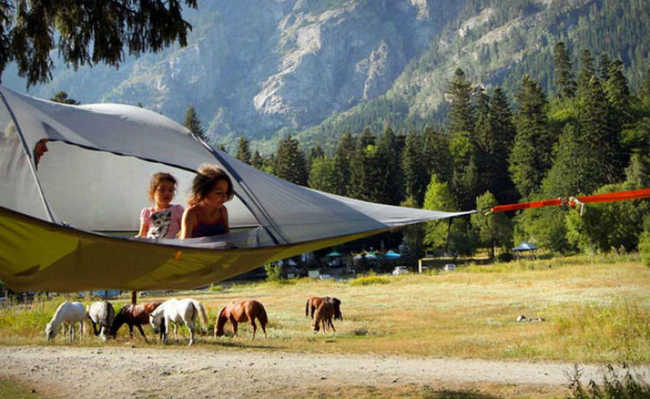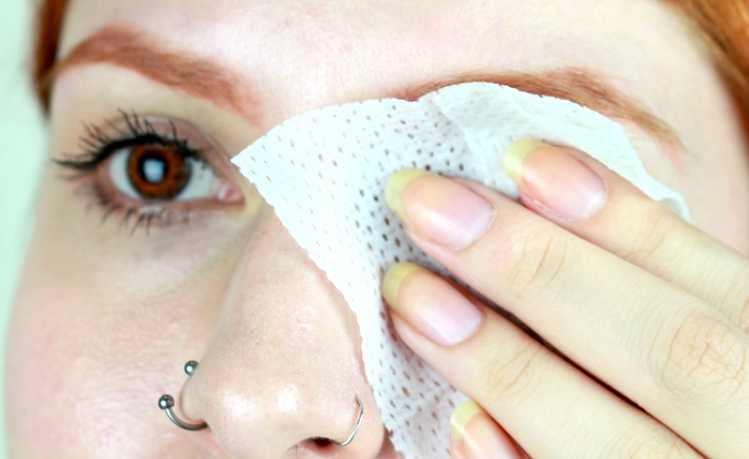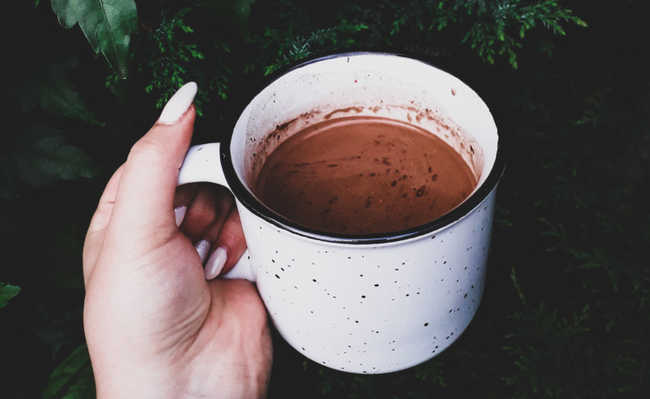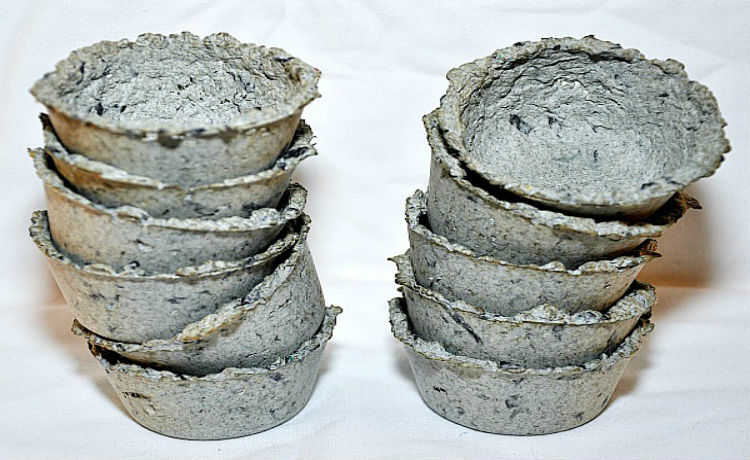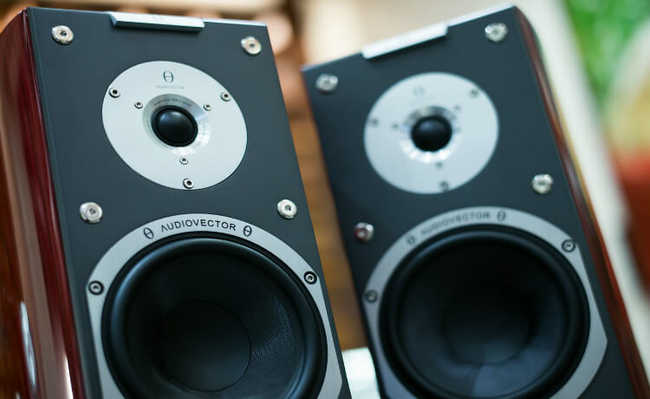Conscious consumption of water: correct use avoids waste
Conscious consumption of water is the basis for a sustainable future. Check usage tips, avoid waste and preserve water sources
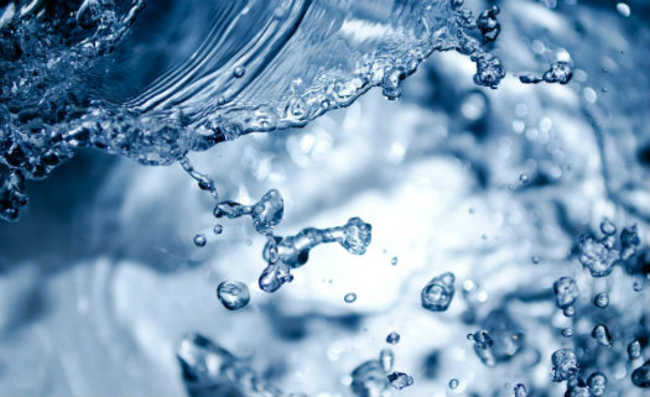
Water is a fundamental resource for human survival. Although 70% of planet Earth is covered by water, only 1% of this volume is considered drinkable. Of the small part of water that is suitable for human consumption, 12% is in Brazil, with 70% of this fresh water being concentrated in the Amazon Basin. The rest is unevenly distributed - the Northeast, for example, has only 5% of Brazil's freshwater reserves, and a large part of this volume is underground and has a high salt content. Freshwater reserves are unevenly distributed across the world and, in addition, are constantly threatened with scarcity and contamination. All of this makes it very important to practice conscientious water consumption.
Practicing the conscientious consumption of water does not mean not using the resource, but rather rethinking the ways in which water is used. Avoiding waste, reducing consumption whenever possible, collecting rainwater and reusing the gray water generated by the shower and washing machine are some of the actions that can be taken to have a conscious consumption of water.
These are ways to save the planet's drinking water and help preserve springs, in addition to saving on the water bill. Another attitude of conscientious water consumption is to be aware of the water consumption of the products and services you consume. This mapping of the amount of water that your daily life consumes is called the water footprint, which represents the total volume of fresh water that is used to produce the goods and services consumed by an individual - the same account can also be applied to communities or companies. Understand better this way of calculating water use in the matter: "Do you know what a water footprint is? It has to do with the direct and indirect consumption of water".
Check out some tips for conscientious water consumption:
- Keep the faucet turned off when brushing teeth, shaving and soaping dishes. When brushing your teeth with it open, you use about 13.5 liters of water in just two minutes.
- Take short showers. Five minutes is enough to cleanse the body, and while you are soaping up, the log must be closed. This generates savings of up to 30,000 liters per year.
- Avoid high pressure showers. Despite being used to give the sensation of a massage to the body, high pressure showers are inimical to the conscious consumption of water. They have a large flow, 20/30 liters per minute. A 10-minute shower in a 30 liters per minute shower uses an average of 300 liters of water - the World Health Organization (WHO) says that the conscious consumption per inhabitant is in the order of 112 liters per day.
- Arrange the dishes before washing them. Use a basin to soak utensils, to soften dirt, wash all the dishes, and rinse them all at once. That and the use of biodegradable materials also help the economy.
- Only turn on the dishwasher and washing machine when they are full, as this avoids waste. Expect to gather enough clothes or dishes to fill the electronics. In the case of clothes, check if they really need to be washed - several pieces, such as jackets and jeans, can be used more than once before they need to be washed.
- If possible, prefer to use the dishwasher instead of the traditional way of cleaning. The equipment can save about six times the amount of water normally used - but to be worth it it needs to be full of dishes.
- Adopt devices that help to reduce water consumption, such as the faucet aerator, the flow restrictor, VDR toilet bowls and automatic valves for urinals. In condominiums and companies, the use of this equipment generates a good reduction in costs. See more in the article "Devices to save water in your condominium".
- If you have a pool, cover it with a cover when you're not using it. Swimming pools can lose up to 90% of their water in a month due to evaporation. The cover also prevents the deposit of leaves and other debris and a clean pool needs fewer water changes. Always check the pump and filter, as the malfunction of these equipment increases the use of water.
- In the garden, avoid watering the plants during times of strong sunlight. Watering the lawn or garden before 10 am and after 7 pm prevents excessive evaporation - also avoid the hose. In winter it is possible to water the plants every other day. With these measures, you can save about 96 liters of water daily with the plants alone.
- Use the broom to clean the yard, sidewalk or common areas of buildings and businesses - a hose running for 15 minutes uses up 280 liters of water (no little conscious, no?!). If you need to use water, prefer jet cleaning equipment, which uses a minimal amount of water combined with strong pressure.
- Use a bucket and rag to clean the car.
- Pay attention and fix any leaks in your home. A 2mm hole in a single-house pipe wastes 3,200 liters of water a day. The Basic Sanitation Company of the State of São Paulo (Sabesp) estimates that there is a loss of 24.4% of treated water due to leaks. Learn more in the article: "Identify water leaks in your home with simple tips".
- Talk to people around you about the conscientious consumption of water, encourage actions to save and reduce the use of this valuable asset. If you live in a building, talk to the residents of the condominium about the implementation of individual water meters, which encourage each resident to be more aware of their water consumption. Check out tips to act in your condominium: "Guide to saving water for condominiums: help the manager to avoid waste".
- Reuse greywater, which is water from the shower or washing machine (among others), to clean the terraces or other external areas of the building. The reuse of water is an excellent form of conscientious consumption. Gray water is all water coming from the shower or washing machine that can still be used for activities such as washing the yard, flushing, cleaning floors and walls or even watering the garden (depending on the type of substance with which the water has entered in touch). Read more about the subject in the articles: "How to reuse gray water in condominiums" and "Reuse water: saving against waste and environmental preservation".
- Use cisterns to capture and store rainwater. A good way to exercise conscious water consumption is to take advantage of the water that fell from the sky. Literally! You can use a cistern or mini-cistern to capture rainwater and reuse it in irrigation, cleaning the yard, floors, among others. Understand better in the articles: "Minicisterna: reuse of water within your reach" and "Rainwater harvesting: know the advantages and necessary precautions for the use of the cistern".



